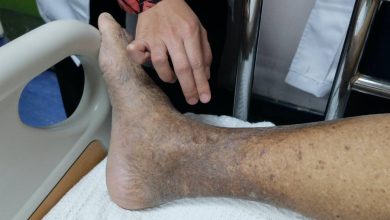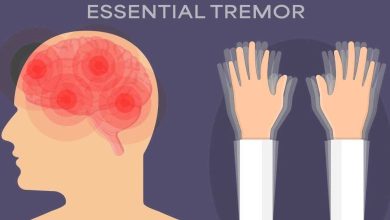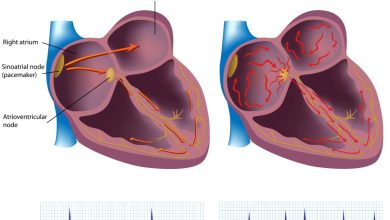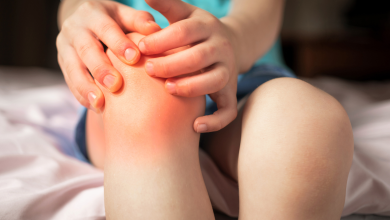Dehydration Symptoms, Causes, Diagnosis and Treatment

What is dehydration?
It occurs when the body loses or uses excessive fluid, more than it need for normal functioning. In case of not replacing the lost fluids, the body gets dehydrated. Few common causes include energetic exercise, particularly in warm weather, vomiting, intense diarrhea, excessive sweating or fever. Not consuming sufficient water in warm weather can also cause dehydration. We all can get dehydrated, though individuals with some chronic illnesses, older adults and young children are at a greater risk.
Mild and moderate level of dehydration can be reverse by drinking excessive fluids; however severe hydration requires instant medical treatment. An ideal approach to avoid dehydration is to observe the loss fluid during your exercise, illness or hot weather and drink adequate liquid in order to replace the loss.
What are the symptoms of dehydration?
The mild and moderate level of dehydration can cause:
• Tiredness or drowsiness.
• Sticky, dry mouth.
• Thirst.
• Headache.
• Dry skin.
• No or few tears while crying.
• Decreased output of urine.
• Constipation.
• Lightheadedness or dizziness.
• Dry diapers even some hours.
Severe level of dehydration can cause:
• Very dry skin, mucous membrane and mouth.
• Extreme thirst.
• No or little urination.
• Extreme sleepiness or fussiness in children and infants, confusion and irritability in adults.
• Low blood pressure.
• Sunken eyes.
• Dry and shriveled skin.
• Rapid breathing.
• Rapid heartbeat.
• Fever.
• No or less tears while crying.
• In extreme serious cases, unconsciousness or delirium.
What are the causes of dehydration?
It occurs when the body lacks enough fluid to restore what is loss. In order words, the system of your body dries out. At times, the condition occurs for some very simple reasons such as you have forgotten to drink enough water since you were very busy, or lack clean water during a tour.
Few other causes of dehydration include:
• Fever.
• Diarrhea, vomiting.
• Increased urination.
• Excessive sweating.
What are the risk factors of dehydration?
We, all can get dehydrated in case we lose excessive fluids. Though specific individuals are more likely to become dehydrated, including:
• Older adults.
• Children and infants.
• Individuals suffering from chronic illnesses.
• Endurance athletes.
• Individuals living, exercising and working at high altitudes.
• Individuals exercising or working outside in humid, hot weather.
What are the complications of dehydration?
Dehydration may cause some serious complications such as:
• Brain swelling.
• Heat injury.
• Seizures.
• Low blood volume shock.
• Kidney failure.
• Coma.
• Death.
How is dehydration diagnosed?
Physical symptoms can help your doctor diagnose dehydration such as sunken eyes, no or little urination, skin lacking resilience and normal elasticity when pinched, reduced blood flow and faster heart rate. In order to verify plus identify the level of dehydration, the doctor can suggest:
• Blood tests.
• Urinalysis.
How is dehydration treated?
The best way to treat dehydration is to compensate the lost electrolytes and lost fluids. Furthermore, the treatment of dehydration depends on its severity, cause and your age!
• Children: oral rehydration solution, continuous breast feeding, avoids specific drinks and foods.
• Adults: excessive intake of fluids.
• Athletes: excessive intake of cool water.
Cases of severe dehydration need immediate emergency treatment in a hospital.
By : Natural Health News




